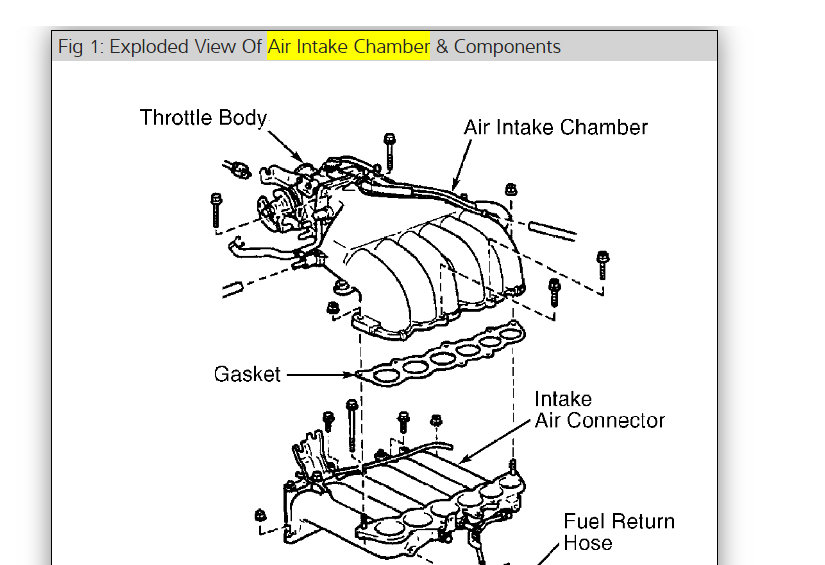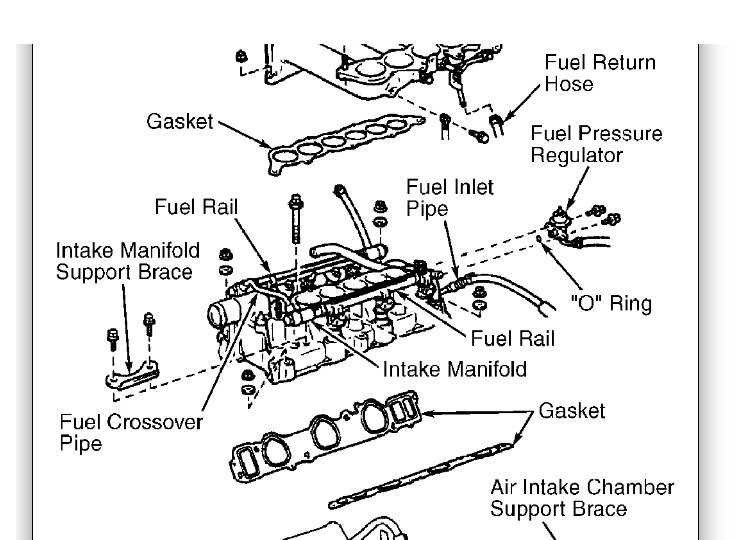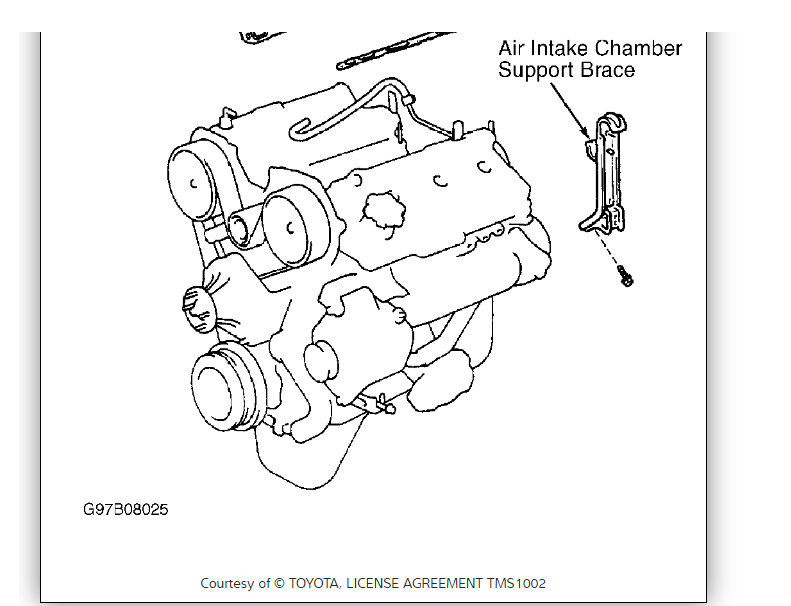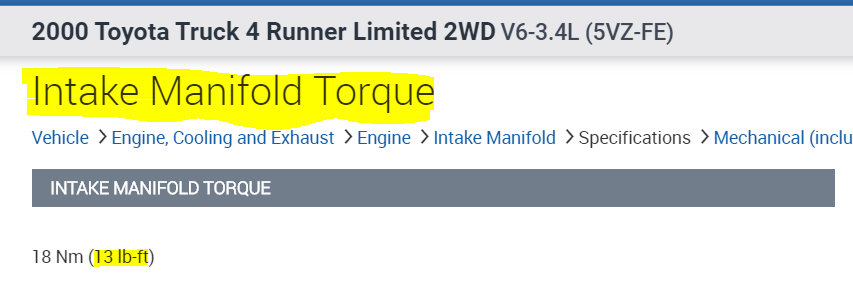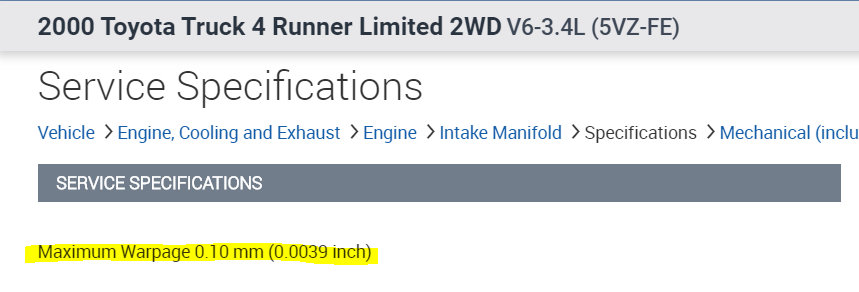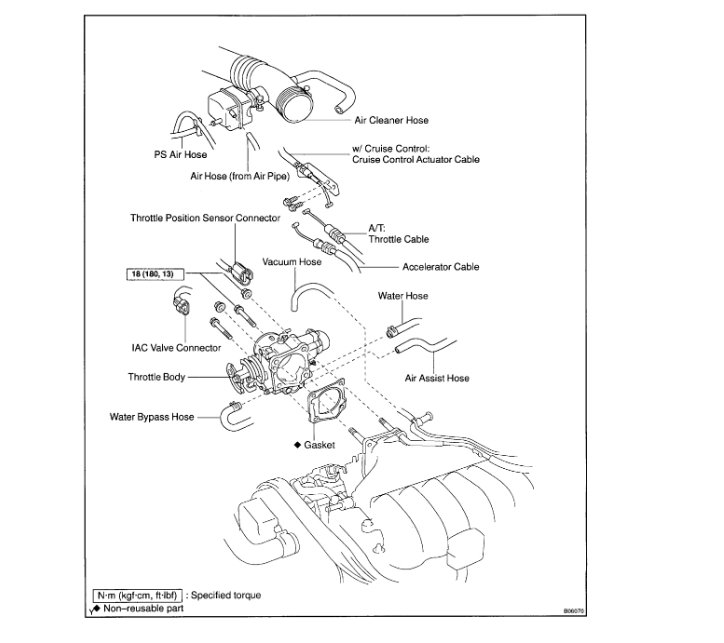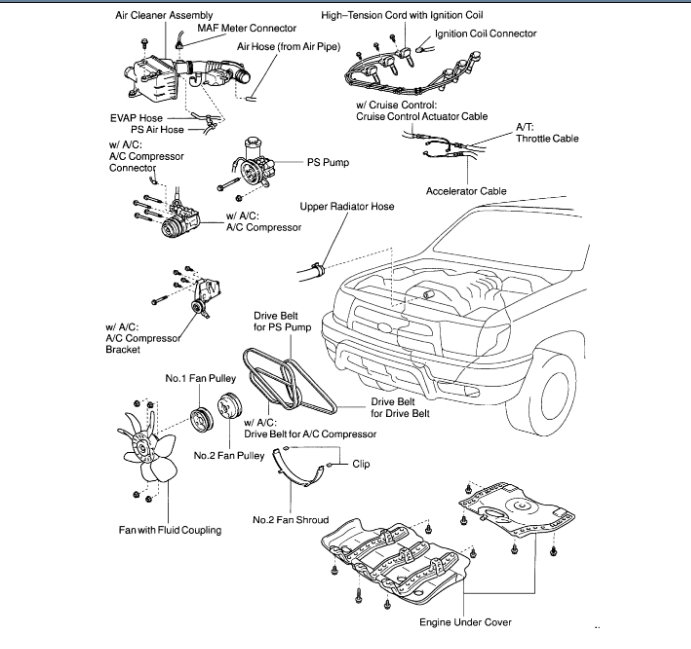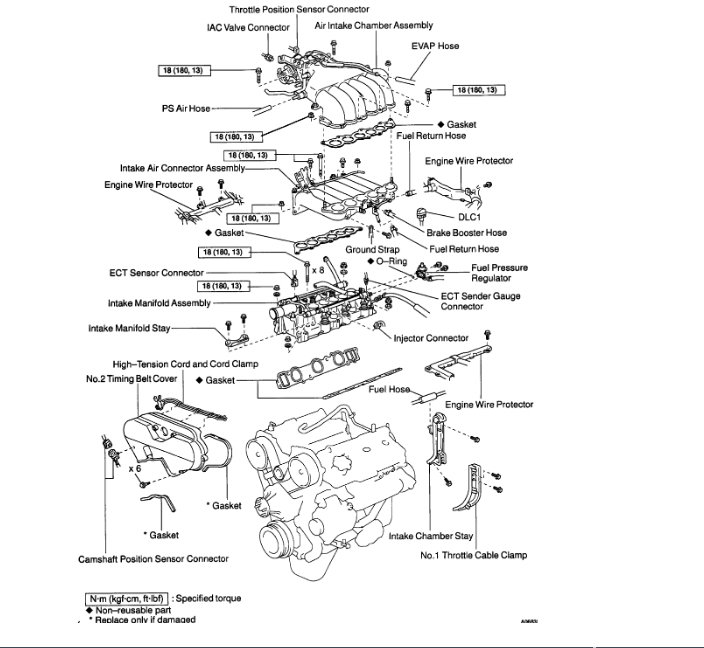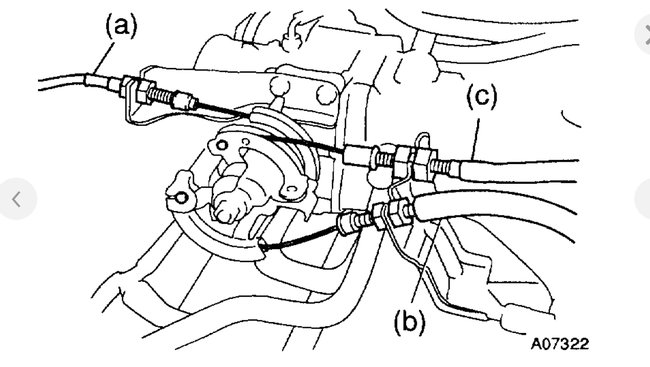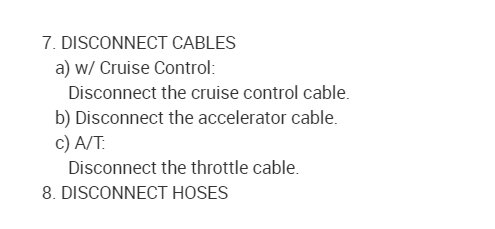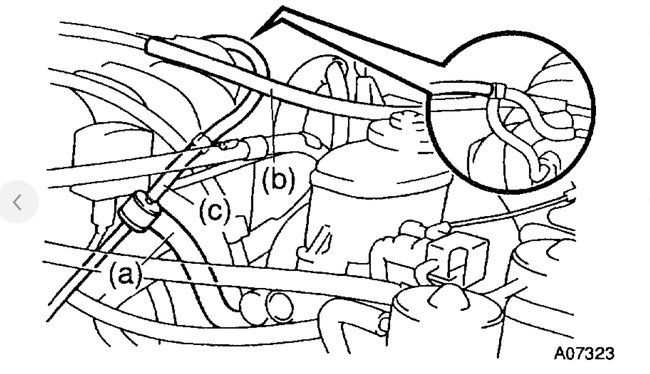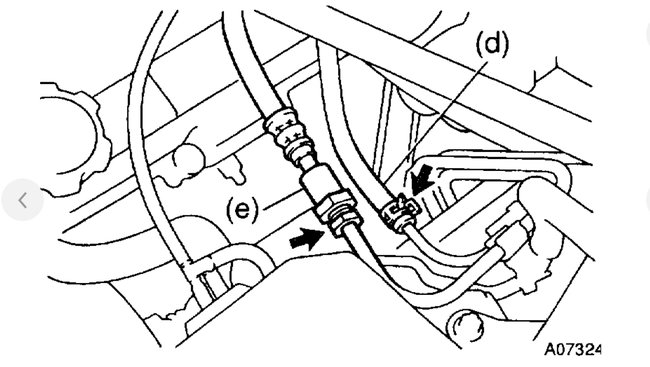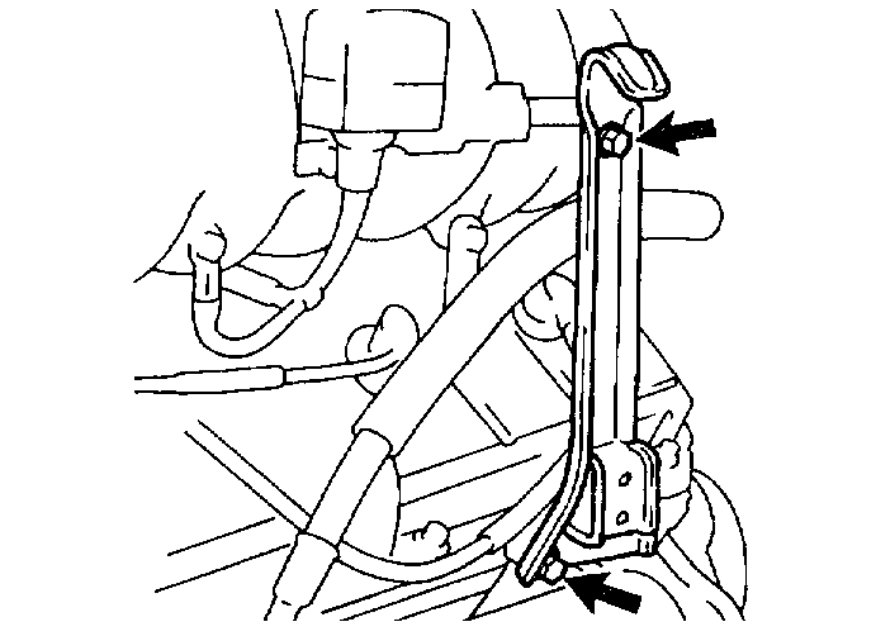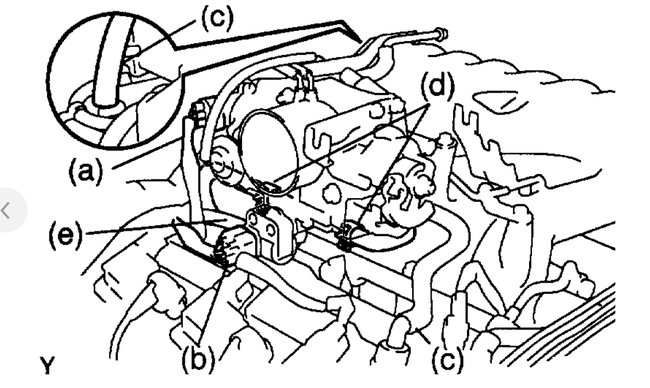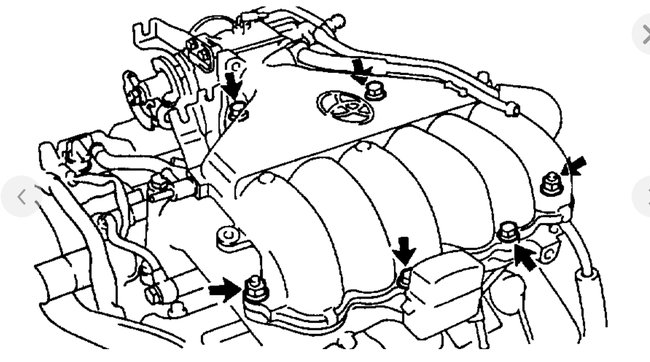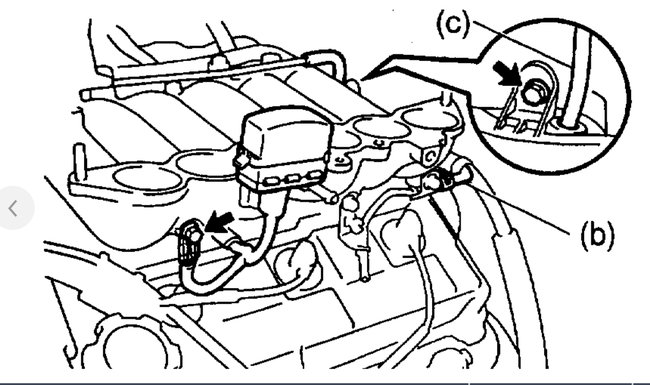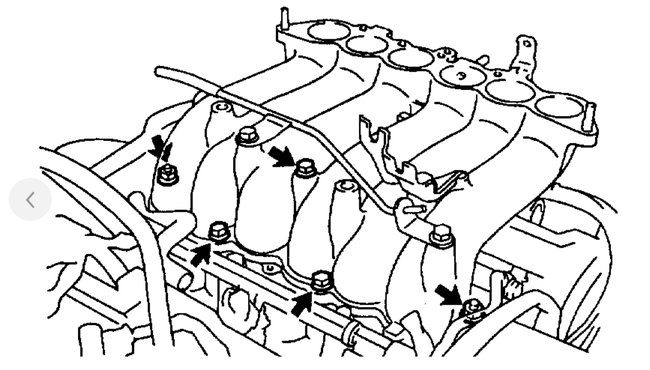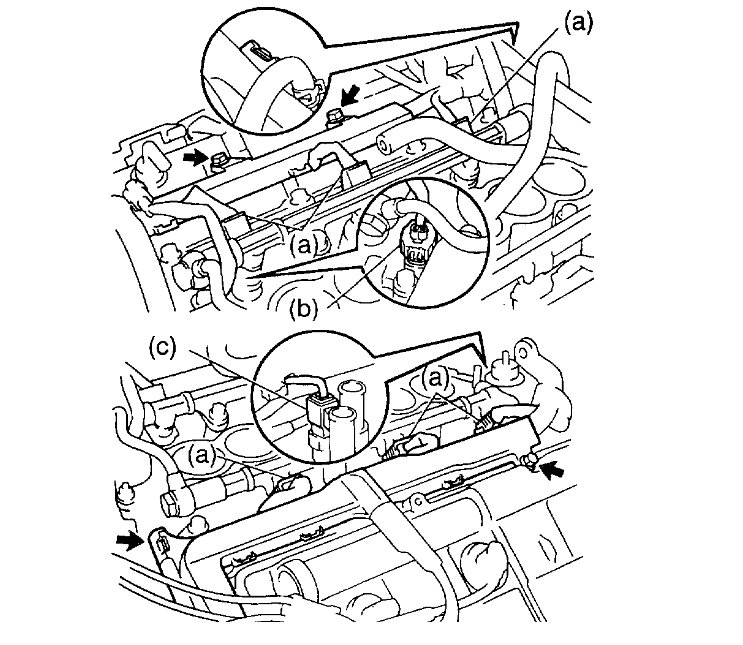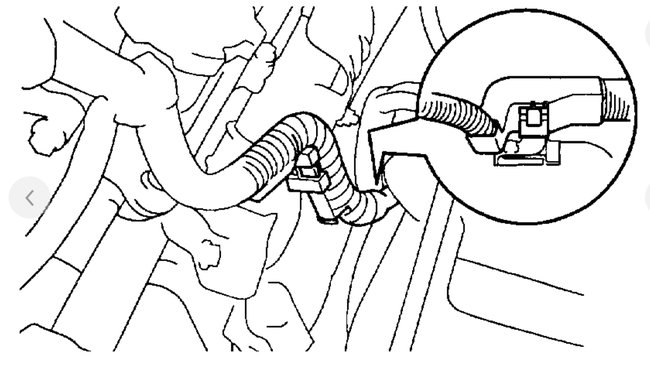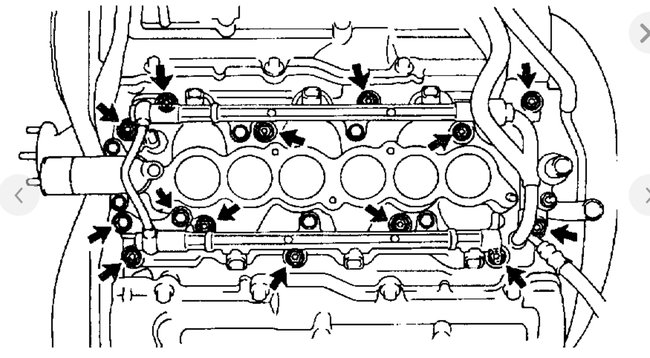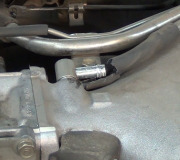My car was running just fine a year ago, when I went to a highly rated (Yelp and Google Maps reviews) independent shop because I noticed the red brake light on my dash coming on sometimes. They fixed it by tightening something, no charge, but also talked me into doing a tune-up (oil and air filter change and replaced spark plugs and wires - $350.00).
Ever since that day, my car has been shaking upon startup, while accelerating and while sitting at stoplights, but shaking goes away at cruising speed. Check engine light is also on. (What could they have done to my car to cause this problem?)
I immediately took it back, and they said “oh, it turns out we put a defective part, but we replaced it with a new one”. No difference – problem still there.
I took it back, they pulled codes P0300, P0303, P0306 (random misfires). They replaced wires under warranty, replaced radiator cap, and swapped ignition coils to test misfire. Maybe put one new ignition coil. (I paid $180). Also suggested I add Techron to my tank next time I fill up. Did that, twice, floored it while accelerating through two tanks of gas. No difference – problem still there.
Went back again, they pulled codes P0300 and P0304. Replaced 1 spark plug. (No charge). No difference – problem still there.
Had Auto Zone pull codes P0300, P0301, P0303, P0304 and P0420 (Catalyst System Efficiency Below Threshold – Bank 1).
Had problem diagnosed at Toyota dealership (they’re the experts on Toyota's, right?) – They wanted $2,000 to replace fuel injectors and $150 to diagnose “excessive coolant loss”. Also suggested another tune-up for $170 because they “Found engine to run rough” – well Duh – that’s why I came to you and I told you I had a tune-up 6 months ago! (Paid $140 for diagnosis and left).
Went back to independent shop, pulled codes P0300, P0301, P0306. They replaced fuel filter and did Air Intake Decarbonization Service – BG. (Paid $280.00). No difference – problem still there.
Went back again – now they want to replace fuel injectors, seal kit and intake plenum gasket – quote is $733.00 plus tax.
My own research on the net suggests ignition coils may be the problem? (A much cheaper fix). I already replaced the Mass Airflow Sensor a few years ago.
I want to trust these guys – they seem like good guys, but it seems to me no coincidence that the misfire/rough idle problem started immediately after they did their tune-up, and now I’ve given these guys over $800.00 and the problem has not been fixed, and they want another $733.00 plus tax...
Obviously it’s an old car and every part is getting old - I figure I can afford to replace parts as they fail – but I can’t afford to replace every part on the freakin’ car in a wild goose chase to fix a problem – shouldn’t they have been able to diagnose this and fix it correctly by now for much less money? Doesn’t it seem like maybe they caused the problem in the first place in order to sell me all this service? Shouldn’t they refund me what I’ve paid so far so I can afford to replace the ignition coils and/or fuel injectors and finally be done with this problem?
What should I do? What would you do? Thank you in advance for your advice.
Year 2000 ("third generation") 4Runner, SR5 2WD, 183-hp, 3.4-liter, V-6 engine, regular gas, 19 MPG (combined), fuel-injection, non-interference, four speed automatic w/OD ECT transmission, California emissions, 314,000 miles.
Tuesday, September 10th, 2019 AT 9:31 PM
